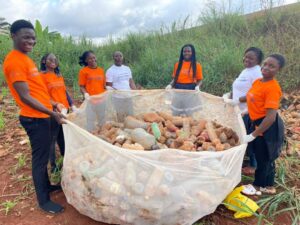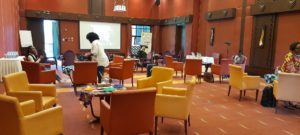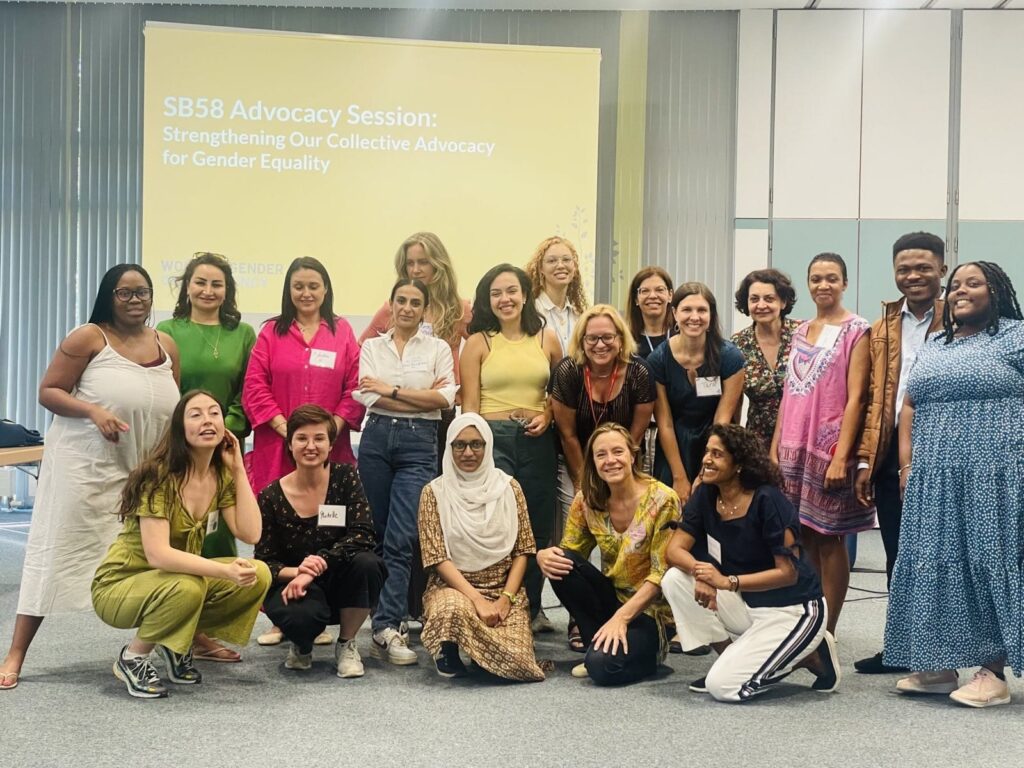
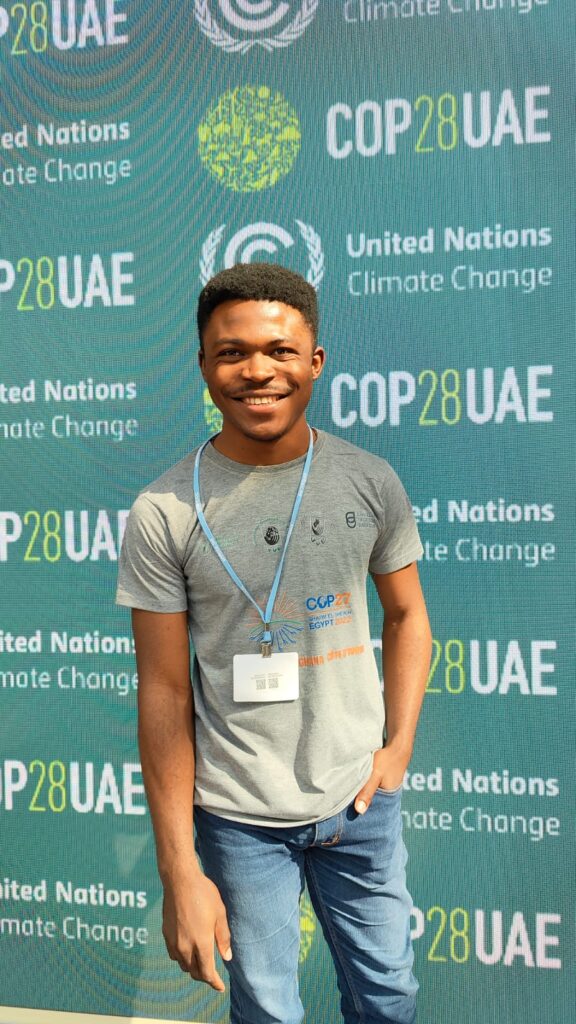
Bonn, Germany – As a youth delegate representing Mifali, I had the incredible opportunity to attend the Subsidiary Body for Scientific and Technological Advice 58 (SB58) conference from 05th June 2023 to 15th June 2023 at the United Nations in Bonn. It was an enlightening and empowering experience that highlighted to me the critical role of youth in addressing the global climate crisis.
Throughout the conference, I actively engaged in a wide range of sessions and discussions, focusing on youth participation, climate justice, and the urgent need for transformative climate action. I was inspired by the dedication and passion of young people from around the world who are driving change in their communities and advocating for a sustainable future, notably through platforms like the Young Generation in Nuclear, the Global Center on Adaptation, YOUNGO, and many others.
One of the key lessons I took away from SB58 was the power of intergenerational collaboration.
The conference emphasised the importance of including youth voices in decision-making processes, recognising the unique perspectives and innovative ideas they bring to the table. This collaboration was mainly in terms of the development, implementation and assessment of the country’s National Adaptation Plans(NAPs) and helping in achieving the Nationally Determined Contributions (NDCs). It was encouraging to witness the support and recognition given to youth-led initiatives that are making a tangible impact on climate adaptation, technology transfer, and nature-based solutions. Local organisations working hard to make sure that the work of grassroots people, especially women and girls, is recognised. Such organisations include Women for a Change, Cameroon, who, throughout the years, have been advocating for the meaningful participation of women, and girls at the grassroots level as well as young people, giving them access to spaces to engage with action leaders.
Gender equality and feminist climate justice were also prominent themes at the conference. I participated in sessions that shed light on the disproportionate impact of climate change on women and girls, particularly in vulnerable regions. It reinforced the need for inclusive policies, increased access to education, and empowerment of women in climate action.
Additionally, I had the privilege of joining discussions on technology transfer, the transition away from fossil fuels, and the role of regional climate weeks in mobilising climate action. These sessions provided valuable insights into best practices, innovative solutions, and opportunities for collaboration on a global scale. I can’t go ahead without mentioning a key point at this year’s SB, which is the introduction of the Global Stock Stake(GST), coming to bring more light in terms of the assessment of the implementation of the Paris Agreement and making sure that parties respect their commitments. Introduced as well, the Youth Stocktake will enhance the effective participation of the youths in terms of assessing the implementation of the Paris Agreement as well.
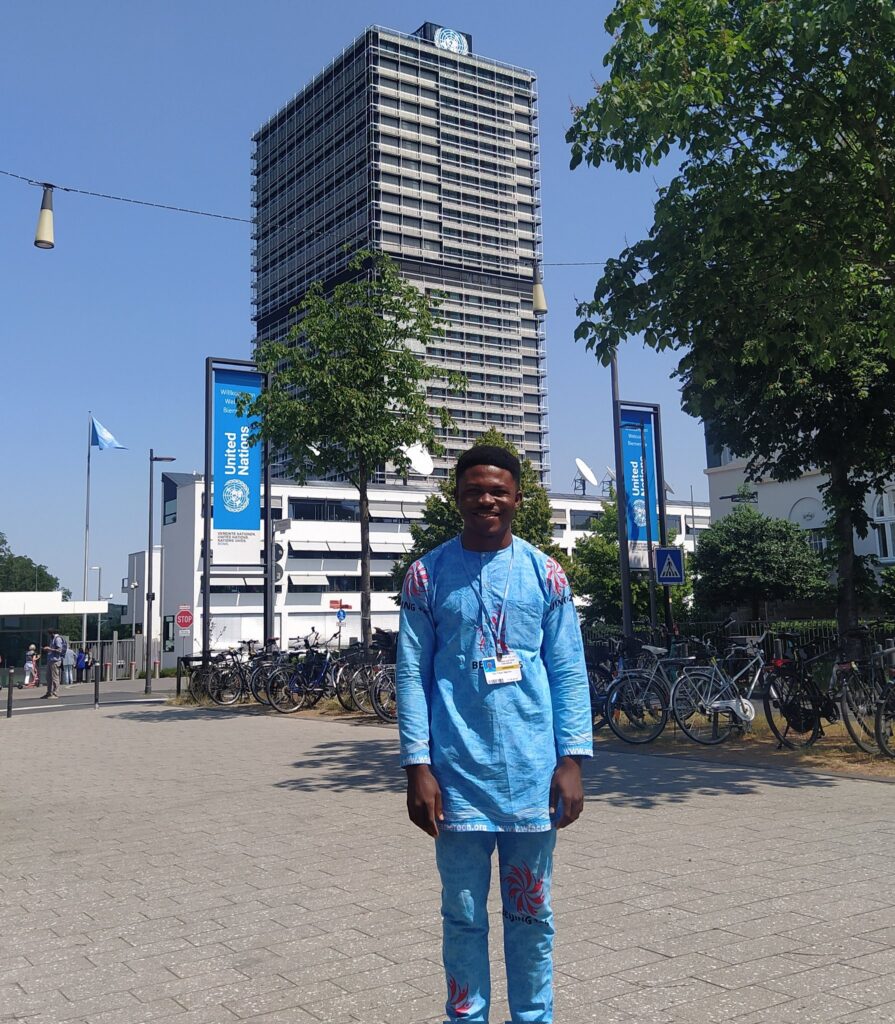
I strongly urge government leaders from Central Africa and the Economic Community of Central African States (ECCAS) to prioritise the inclusion of youth representatives in their delegations at future climate conferences. While the presence of African countries was notable at SB58, it is crucial that our voices as young people are adequately represented. By including more youth delegates, we can ensure that our perspectives, experiences, and innovative solutions are heard and integrated into policy-making processes.
As I look ahead, I am more committed than ever to advocating for meaningful change and mobilising fellow youth activists in my local community. The knowledge and experiences gained at SB58 have equipped me with the tools and inspiration to influence policy-making processes and drive sustainable solutions. I firmly believe that young people have the power to shape the global climate agenda, and I call upon governments, organisations, and decision-makers to recognise and support our vital role in achieving a sustainable and resilient future. Together, we can foster a more inclusive and sustainable future for our region and the world.


